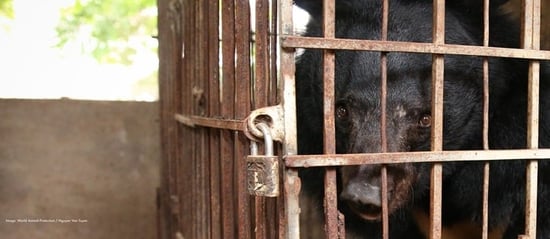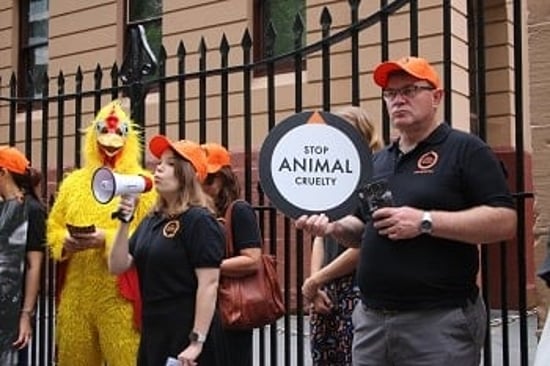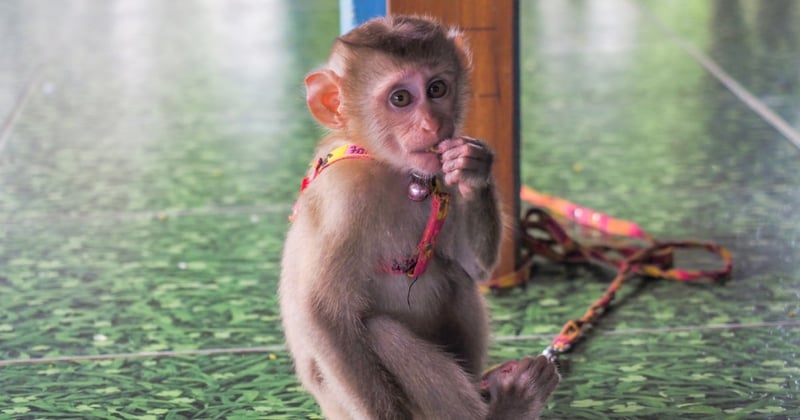
Monkey cruelty: the hidden abuse in ‘cute’ monkey videos
News
Macaques are bathed, dressed, and ‘rescued’ for social media content. Behind these supposedly cute social media videos though, is a hidden story of monkey cruelty and abuse.
Images credit: SMACC
Social media is full of videos of people enjoying time with their pets. In fact, #PetTok's feel-good content is some of the most popular online. Unfortunately, the ones caught up in this trend are traumatised, sentient wild animals. In particular, macaques are commonly found in social media monkey cruelty videos.
SMACC's report uncovers the hidden cruelty in online videos
The Social Media Animal Cruelty Coalition (SMACC) —including World Animal Protection — investigated over 1,200 seemingly innocent videos. These showed macaques being bathed, dressed in clothes, or ‘rescued’ and were shared across multiple social media platforms, including Facebook, YouTube, and TikTok.
Behind these supposedly cute videos, though, is an all too common story of animal exploitation. The report documented over 2,800 incidents of monkey cruelty and abuse, ranging from the subtle and possibly unintentional to the deliberate and obvious.
With this report, SMACC seeks to collaborate with social media platforms to end the availability, spread, and profitability of cruelty content, and to ensure no benefits to its creation or promotion.
Discover how to recognise abusive practices involving pet macaques in social media content.
The SMACC report reveals monkey cruelty hidden behind ‘cute’ videos
SMACC volunteers searched social media sites for content related to keeping macaques as pets between September 2021 and March 2023. While some monkey videos are seemingly innocent and possibly well-intentioned:
- over 60% of the links analysed contained overt physical abuse to these pet macaques;
- another 13% included deliberate psychological torture;
- and 12% physical abuse amounting to torture.
Regardless of the level of cruelty displayed, experts agree that keeping primates as pets is inherently cruel, and results in a multitude of issues that severely compromise their welfare. As such, the report concludes that ‘pet’ macaque videos — whether intentionally or not — are profoundly harmful.
Perhaps more worryingly, these videos showing people abusing monkeys were permitted to remain online by social media platforms.
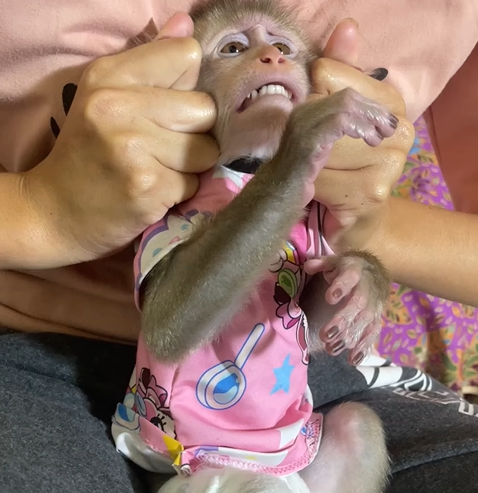
How to help stop monkey cruelty and abuse on social media
It’s clear that monkey content on social media can be profoundly harmful but we can help challenge the popularity of these photographs and videos.
We strongly urge everyone to:
- Stop sharing or engaging with social media content involving these wild animals. This includes commenting, even if you are aiming to raise awareness of their plight.
- Report the content to the relevant social media platform; you can also report any social media content involving macaques and more directly to SMACC.
- Create your own post or share ours to highlight this issue without raising the profile of content creators who are fuelling monkey cruelty.
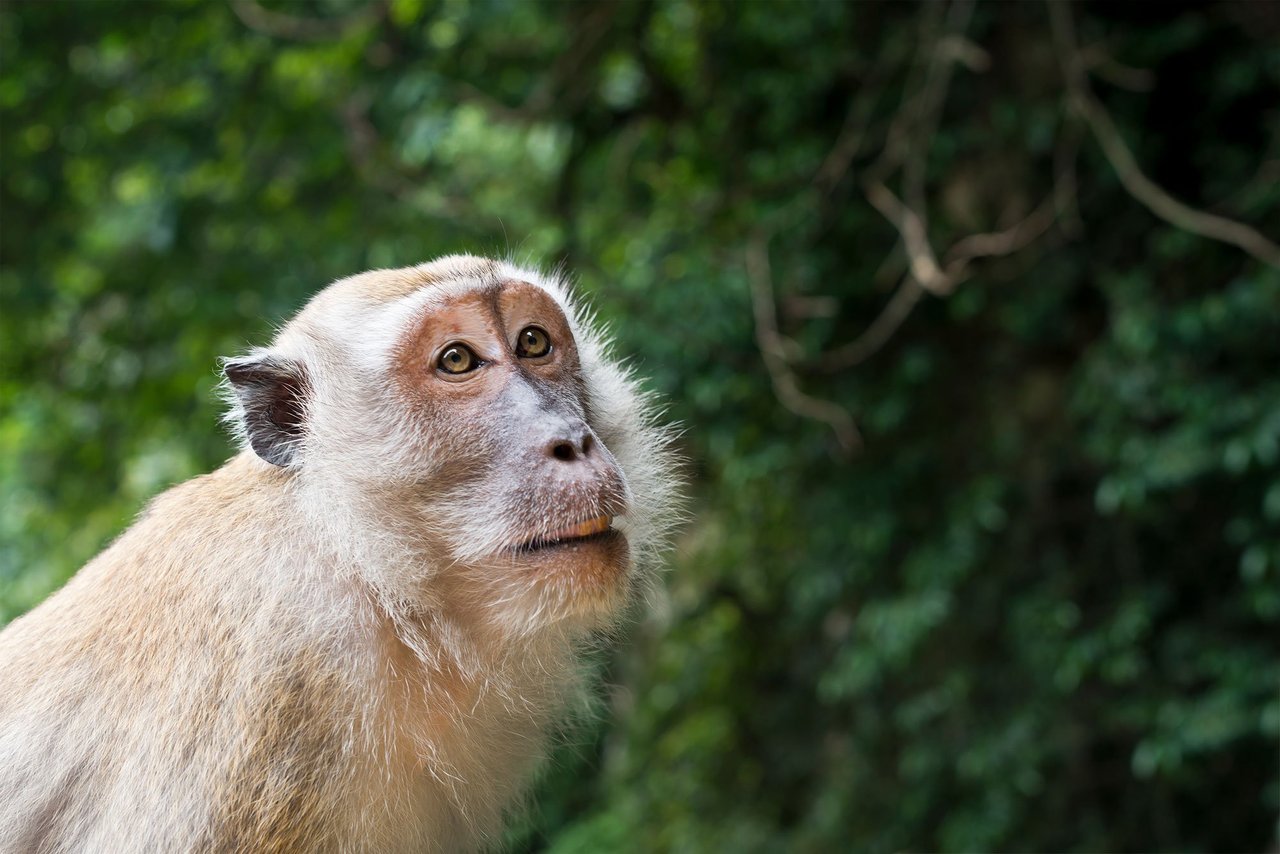
Will you protect animals?
Every animal deserves a life worth living – from captive lions used for trophy hunting to mother pigs in cages in factory farms.
Take action
Take action today by signing our petitions and pledging to protect wildlife and farm animals.
